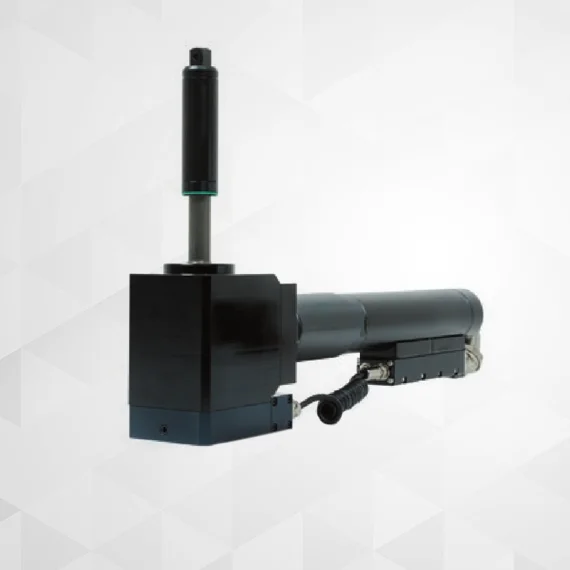Running a fleet involves numerous responsibilities, from ensuring timely deliveries to maintaining vehicles and managing drivers. Amidst these duties, securing the right insurance for your fleet is paramount. Fleet insurance is designed to protect your vehicles and drivers, providing coverage that keeps your operations running smoothly and safeguarding against potential financial losses. Understanding the essentials of insurance can help you make informed decisions that benefit your business in the long term.
First and foremost, insurance covers multiple vehicles under a single policy, simplifying management and often leading to cost savings. Instead of juggling individual policies for each vehicle, you have the convenience of one comprehensive policy. This approach not only reduces administrative burdens but also ensures that all vehicles receive consistent coverage, making it easier to manage renewals and claims.
One significant advantage of fleet insurance is its flexibility. Policies can be tailored to meet the specific needs of your business, whether you operate a small fleet of vans or a large array of HGV’s. This customisation allows you to choose the level of coverage that suits your operations, from basic third-party liability to comprehensive plans that cover damage, theft, and even downtime. By selecting the right coverage, you can protect your assets and ensure continuity in your operations, even in the face of unforeseen events.
Driver safety is another critical aspect addressed by insurance. Policies often include coverage for driver-related incidents, such as accidents caused by employee negligence. This protection is crucial, as it helps mitigate the financial impact of such incidents, which can be significant. Additionally, many insurers offer risk management support, providing training and resources to help improve driver safety and reduce the likelihood of accidents. Investing in these programmes can lead to fewer claims, which may, in turn, result in lower premiums over time.
The claims process is a vital consideration when choosing insurance. A streamlined, efficient claims process can make a significant difference in how quickly your fleet gets back on the road after an incident. Insurers with a strong reputation for handling claims promptly and fairly can alleviate the stress associated with accidents and breakdowns. When evaluating policies, consider the insurer’s claims process and their track record for customer satisfaction. Reliable support during a claim can help minimise disruptions to your business.
Cost is always a factor in business decisions, and insurance is no exception. While it might be tempting to opt for the cheapest policy available, it’s essential to balance cost with coverage quality. Inadequate coverage can lead to substantial out-of-pocket expenses in the event of a claim. Conversely, comprehensive coverage might come with a higher premium, but it offers peace of mind and financial protection. Comparing policies and seeking advice from insurance professionals can help you find a policy that offers the best value for your needs.
Legal requirements also play a role in the necessity of fleet insurance. Operating without appropriate coverage can result in significant fines and legal repercussions, jeopardising your business. Ensuring your fleet complies with all relevant regulations not only avoids penalties but also demonstrates a commitment to responsible operation. Staying informed about changes in insurance laws and regulations is essential for maintaining compliance and protecting your business.
The benefits of fleet insurance extend beyond financial protection. Having comprehensive coverage can enhance your business’s reputation, as clients and partners are likely to view your company as more reliable and professional. This perception can lead to increased business opportunities and stronger relationships with stakeholders. In a competitive market, demonstrating that you prioritise safety and responsibility can set your business apart.
In conclusion, insurance is an essential component of managing a fleet of vehicles. It offers protection for both vehicles and drivers, ensuring that your operations can continue smoothly even in the face of challenges. By choosing a flexible, comprehensive policy, you can safeguard your assets, support driver safety, and comply with legal requirements. While cost is an important consideration, the value of reliable coverage cannot be overstated. In a business where unexpected events can have significant consequences, insurance provides the reassurance that your fleet is protected, allowing you to focus on running your business with confidence.


